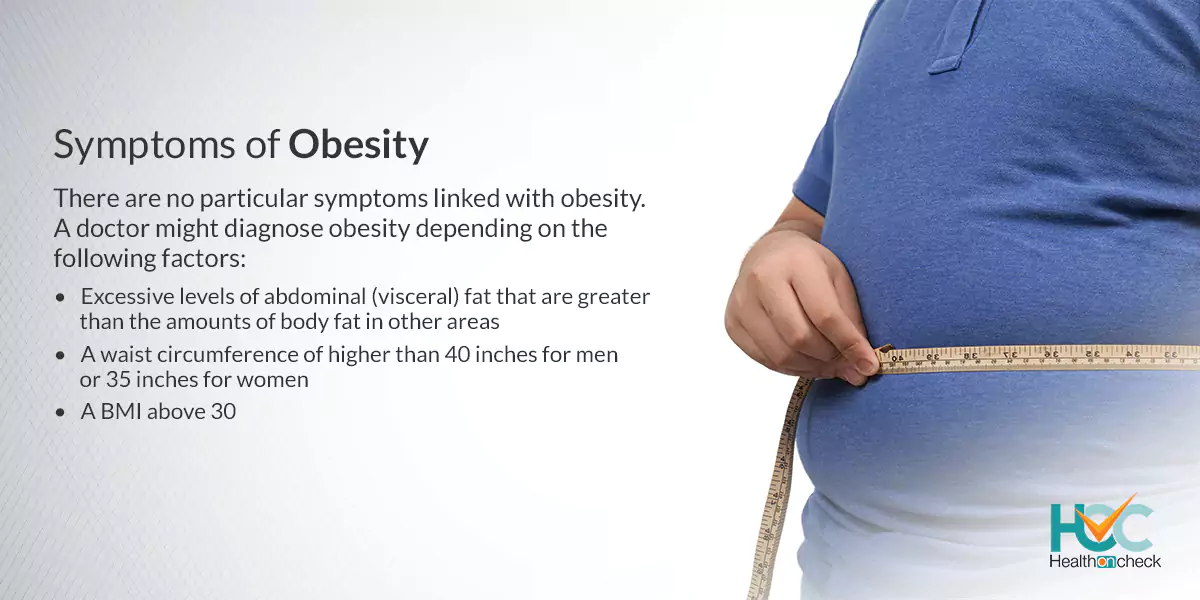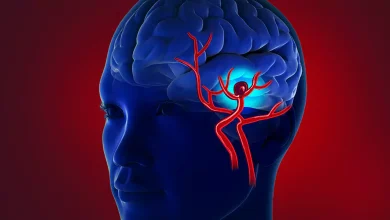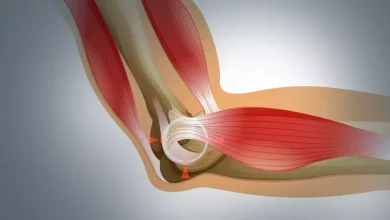What is Obesity?

Obesity is a complex, persistent disease with various causes that result in excessive body fat and at times, poor health. Body fat of course is not a disease in itself, but when your body accumulates too much extra fat, it can mend the way the body functions. These changes are progressive and can get worse over a period. Obesity isn’t only a cosmetic concern but it’s a medical complication that raises the risk of several other illnesses and health conditions such as heart disease, diabetes, high cholesterol, high blood pressure, liver disease, sleep apnea, and some specific cancers.
What are the Types of Obesity?
Obesity is classified based on a person’s BMI(body mass index) which is calculated by dividing a person’s weight in kgs by the square of height in metres..
A high BMI means high body fat.
If your BMI is less than 18.5, you are within the underweight range.
If your BMI is 18.5 to <25, you are within the healthy weight range.
If your BMI is 25.0 to <30, you are within the overweight range.
If your BMI is 30.0 or higher, you are within the obesity range.
Obesity can be divided into four main categories including:
– Class 1
BMI of 30 to < 35
– Class 2
BMI of 35 to < 40
– Class
BMI of 40 or more. Class 3 obesity is sometimes categorised as “severe” obesity which needs to be treated.
Childhood obesity
Childhood obesity is a type of obesity where a child weighs more than the usual weight range. A child aged more than 2 years can be diagnosed with obesity if their BMI is more than 95% of their other children in the same category.
What are the Symptoms of Obesity?
There are no particular symptoms linked with obesity. A doctor might diagnose obesity depending on the following factors:
– Excessive levels of abdominal (visceral) fat that are greater than the amounts of body fat in other areas
– A waist circumference of higher than 40 inches for men or 35 inches for women
– A BMI above 30
What are the Causes of Obesity?
Although your genetic, behavioural, metabolic, and hormonal factors influence your body weight, obesity usually happens when your calorie consumption is higher than you burn through normal daily activities and exercise. Your body stores these excess calories as fat which can cause obesity over time.
Consuming fast food and high-calorie beverages is one of the main causes of obesity nowadays. People with obesity may consume high amounts of calories before feeling full, feel hungry earlier, or eat more because of anxiety or stress.
Many people, especially in developed nations do jobs that do not require much physical activity and as a result, they don’t tend to burn as many calories at work. Because of technical advances, even daily chores burn fewer calories, because of conveniences including the use of escalators, remote controls, online shopping, and ordering food online.
What are the Risk Factors of Obesity?
The risk factors of obesity usually include:
– Genetics
In some people, genetics cause them to gain weight and body fat.
– Environment and Community
Your environmental factors at home, at school or work, and in your community can influence how and what you eat, along with how active you are. These factors can cause you to gain weight.
– Unhealthy diet
Eating high-calorie food such as fast food, laden with high-calorie beverages, and not eating enough fruits and vegetables contributes to weight gain.
– Liquid calories
You can consume calories without feeling full in the form of fluids, especially alcohol, and other high-calorie beverages, like sugary soft drinks, might contribute to weight gain.
– Inactivity
Not being active for most hours of the day and lack of physical activity contribute a lot to weight gain. Also, the number of hours you spend in front of a screen is increasingly linked with weight gain.
– Quitting smoking
Though quitting smoking is beneficial to your health, quitting it might also cause weight gain. So, you need to pay attention to diet and exercise while you’re quitting smoking.
– Medications
Some particular medications can also increase your risk of weight gain.
– Pregnancy
For women, weight gain is common during pregnancy and many women find it difficult to lose this extra weight after the baby is born which can cause obesity in them.
– Lack of sleep
Not sleeping enough can lead to changes in hormones that increase appetite and you might crave foods high in calories and carbohydrates, which can cause weight gain. Also having disturbed sleeping patterns might make you eat more during the day, especially foods with high quantities of fat and carbohydrates.
What are the Complications of Obesity?
Obesity can lead to various other health complications including:
– Heart disease and strokes.
– Type 2 diabetes.
– Certain cancers.
– Digestive problems.
– Sleep apnea.
– Osteoarthritis.
– Fatty liver disease.
– Low self-esteem.
How Obesity is Diagnosed?
The following tests and procedures can be used to diagnose obesity:
– Calculating your BMI
It’s the main procedure to diagnose obesity where your doctor will calculate your BMI (body mass index), called BMI. If your BMI is 30 or more, then it is considered obesity which can lead to many health risks. You should get your BMI checked at least once a year as it can be helpful to pinpoint your overall health risks and what treatments you might need to control your weight.
– Checking your health history
Here your doctor will carefully examine your weight history, efforts to weight-loss, and physical activity habits. Your eating habits might also be discussed along with other conditions you might have, medicines you consume, your stress levels, and other problems about your health. Your family’s health history may be reviewed to check if you may be more likely to have some specific conditions.
– A general physical exam
In this procedure, your height; is checked for vital signs, including heart rate, blood pressure, and temperature, as well as checking your heart and lungs along with your abdomen.
– Measuring your waist size
The distance around your waist is called circumference and women with a waist that measures above 35 inches (89 centimetres) and men with a waist above 40 inches (102 centimetres) fall under the category of obese people.
– Checking for other health conditions
If you have other known health conditions then your doctor or his team will evaluate them. Health conditions including high blood pressure, high cholesterol, diabetes, liver problems, and underactive thyroid might cause obesity.
What are the Treatment Options Available for Obesity?
Your individual treatment plan depends on your complete health profile. Your doctor will first target your most urgent health concerns which will be followed with a longer-term weight loss plan.
The treatment options available for obesity usually include:
– Dietary changes
The dietary changes required to lose weight will be made according to your requirements as it depends from person to person. Some people might benefit from reducing the amount of food in their meals. For some it might be more about changing what they eat than how much. Eating fruits, vegetables, whole grains, and legumes tends to be lower in fat and more in micronutrients and fibre is beneficial to almost all.
– Increased activity
Doing regular physical activity is quite helpful for both weight loss and weight maintenance. It’s not compulsory to join a gym and just some walking or running at a moderate pace are efficient types of exercise to lose weight.
– Behavioural therapies
Counselling, support groups, and methods including cognitive behavioural therapy might play an important role in supporting your weight loss journey. These methods help rewire your brain to support positive changes. They are also beneficial to manage stress and address emotional and psychological factors that might be hindering your weight loss plans.
– Medication
In some cases, certain medications may be prescribed by your doctor to use in conjunction with other treatments. Medications are not the full solution for weight loss, but they can deal with it from another perspective. For instance, appetite suppressants can decrease your appetite which will result in you eating less which can be quite helpful to lose weight.
– Weight loss surgery
If you are diagnosed with class III obesity, bariatric surgery might be recommended. Surgery is a quite effective solution to long-term, noteworthy weight loss. All bariatric surgery procedures change your digestive system and restrict the number of calories you can consume and absorb. They also change hormonal factors in your digestive system affecting your metabolism and hunger. In some severe cases, liposuction is done where excess fat from your body is removed through surgery.
Living with Obesity
Obesity along with many health complications, can lead to low self-esteem, lack of confidence, and embarrassment also. You might find it difficult to go to social gatherings for fear of fat shaming. But you need to understand that together with your doctor, you can get your health back into your own hands. Controlling your diet along with physical exercise can be quite helpful to lose weight. With effective treatment, you can lead a normal and healthy life without having concerns about you being obese and what others think of you.
Whom to Consult?
If you are getting concerned about your weight or weight-related health issues, and notice that you are overweight, you shall discuss with your doctor about obesity management. Your doctor along with his team which usually includes a dietician also can evaluate your health risks and discuss your weight-loss options.






